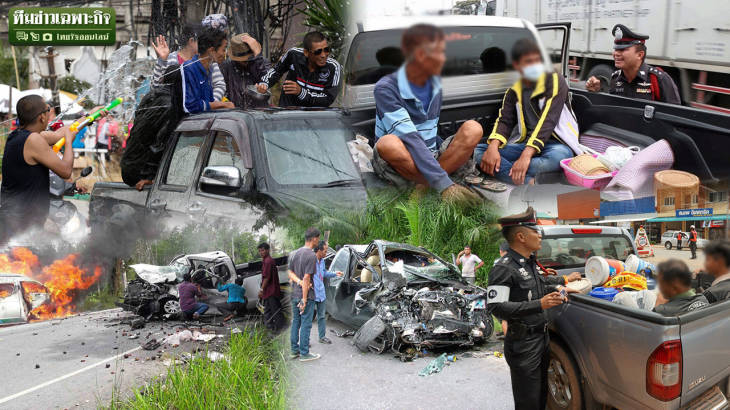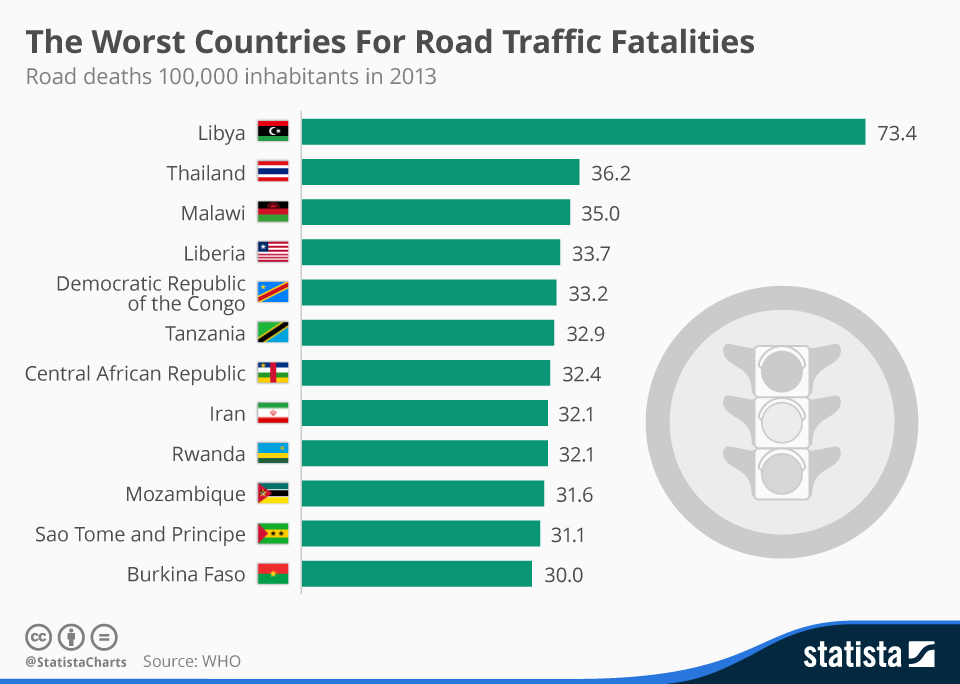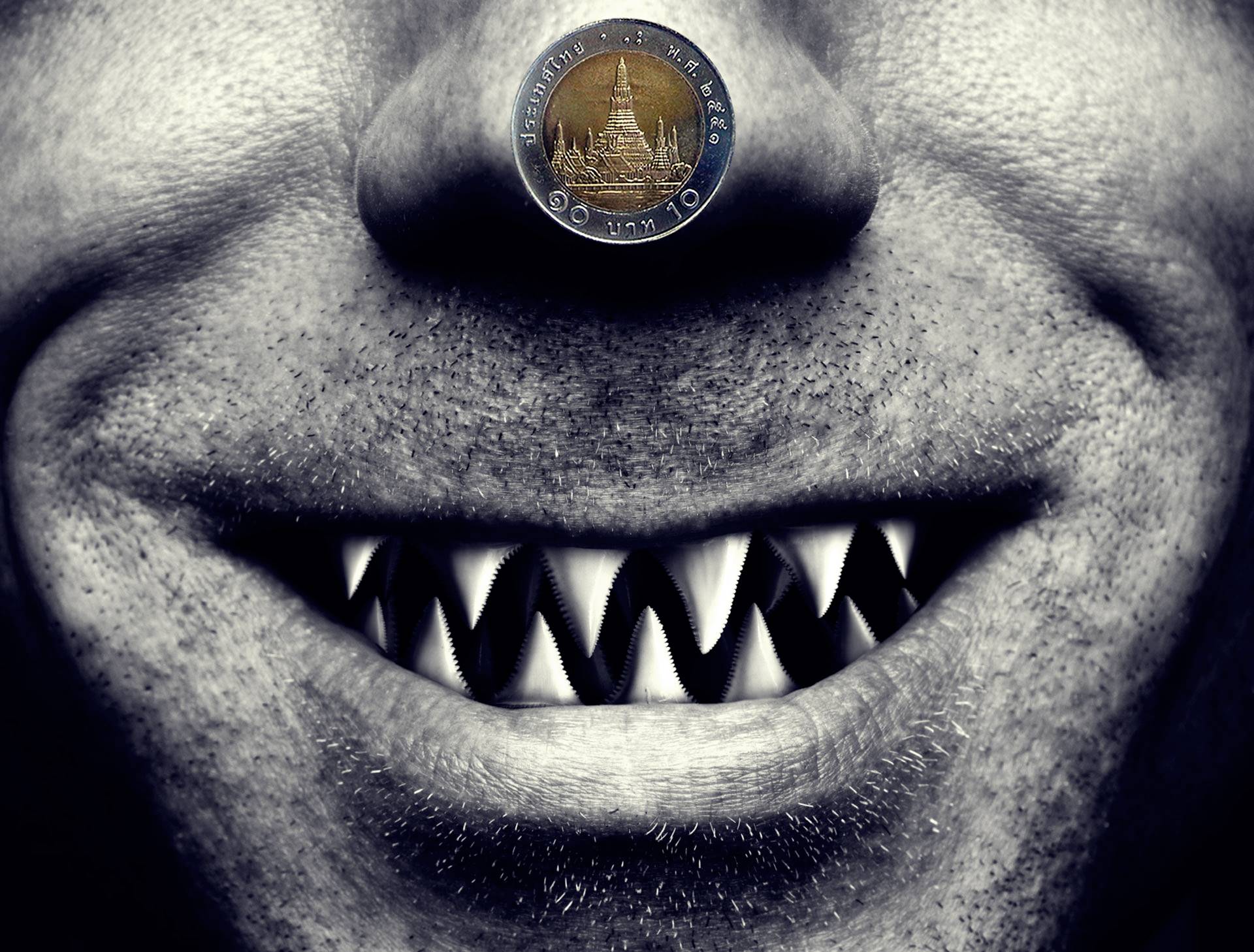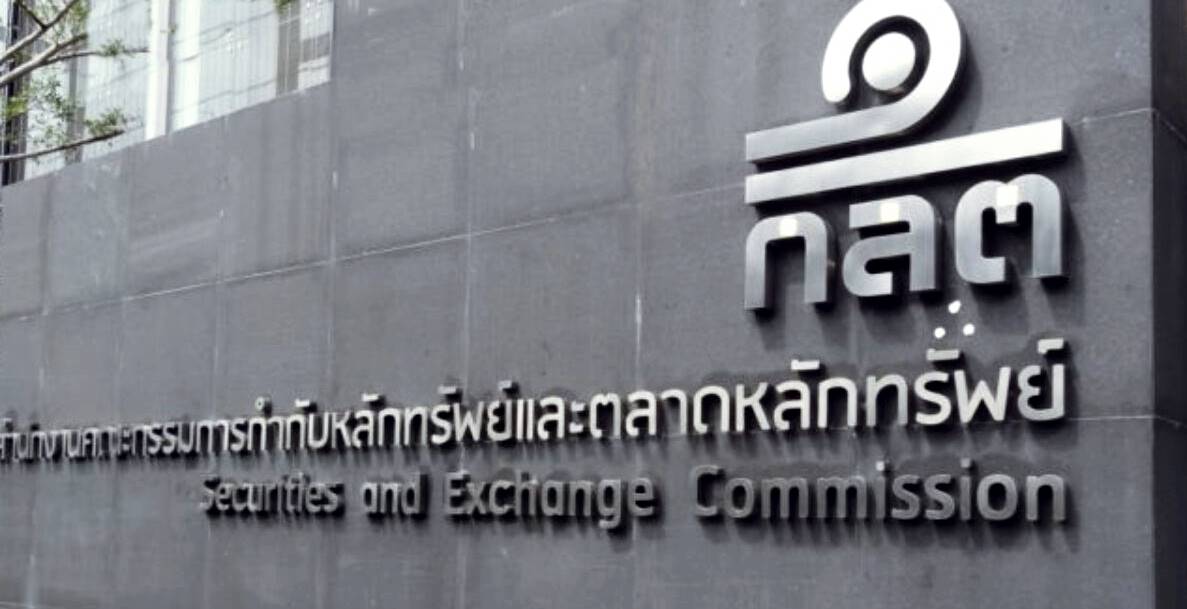Emergency workers usually busy attending accidents on Thailand’s roads mill around ambulances parked at a service station — fewer crashes and crimes a welcome outcome for several Asian countries during coronavirus lockdowns.
As Asia starts to assess the damage caused by the pandemic, some countries are realising there have been unforeseen benefits.
Vietnam’s nationwide isolation has seen a drop in crime, Hong Kong has hailed an early end to its annual flu season — and now, Thailand is seeing a much-needed win in road safety.
“Accidents have gone down quite a lot,” said Banjerd Premjit, chief of the Por Tek Tung emergency medical team operating just outside Bangkok.
In Pathum Thani province, where his team of three ambulances normally rush to about 15 grisly crashes a night, accidents have dropped by half.

He credited Thailand’s virus-fuelled measures, including a ban on alcohol sales and a nighttime curfew.
“People drink less and they’re less reckless on the roads,” Banjerd said as his fellow medics played mobile games while waiting for the next emergency call.
Empty coffins
Thailand has one of the highest rates of road fatalities per capita in the world, coming second only to war-torn Libya in 2015.

The country brought in its anti-coronavirus measures before the “Songkran” New Year in April, hoping to discourage booze-soaked gatherings.
The week-long holiday is marked annually by a jump in traffic accidents as drink-drivers on scooters add to the road carnage.
But this year saw a 60 percent decrease nationwide, with the death toll dropping to 167 from 386 people the year before.
Even Thailand’s coffin makers have seen a dip in demand, with one factory reporting orders are down by a third.
“The outbreak has led to a significant decrease in the number of casualties,” lamented Thanatat Poonau, manager of Suriya Coffin Factory, as workers around him fed plywood to mechanical saws.
Regional neighbours with traffic-clogged megacities are reporting similar trends.
Deaths from road accidents in Japan fell by nearly 20 percent in April, while Malaysia saw daily fatalities decrease from 17 to five, according to official news agency Bernama.
This year’s figures are even promising in India, which normally records 150,000 fatalities each year on its chaotic roads.
Police said the death toll in the southwestern state of Kerala sank by 90 percent during the lockdown, compared with the same period last year.
“Rapes also fell from 123 to 37 cases during the lockdown,” Kerala police spokesman Pramod Kumar told AFP.








